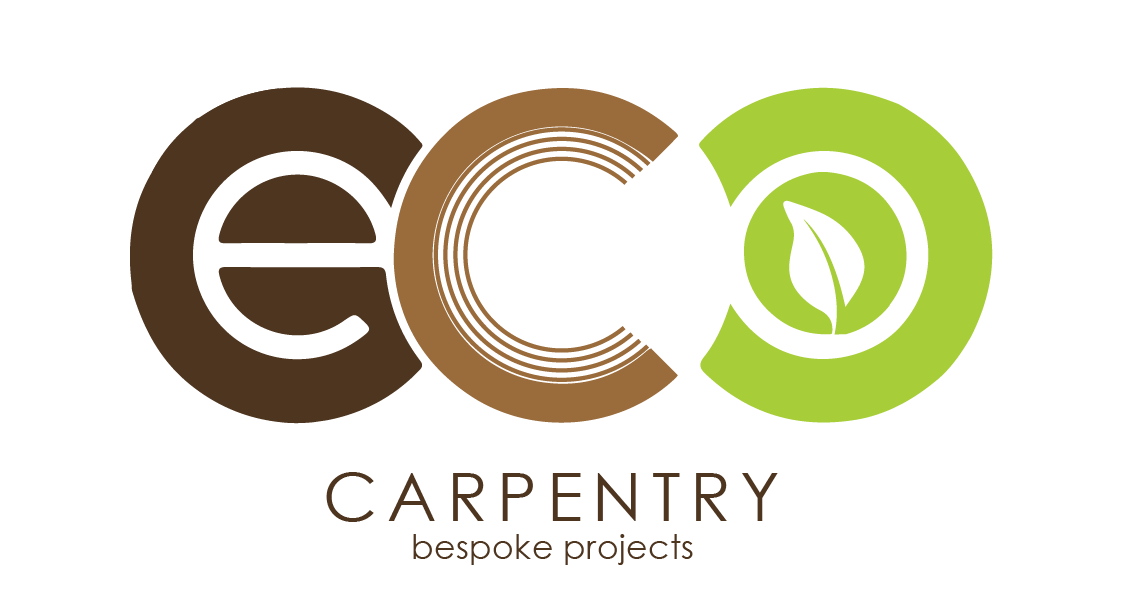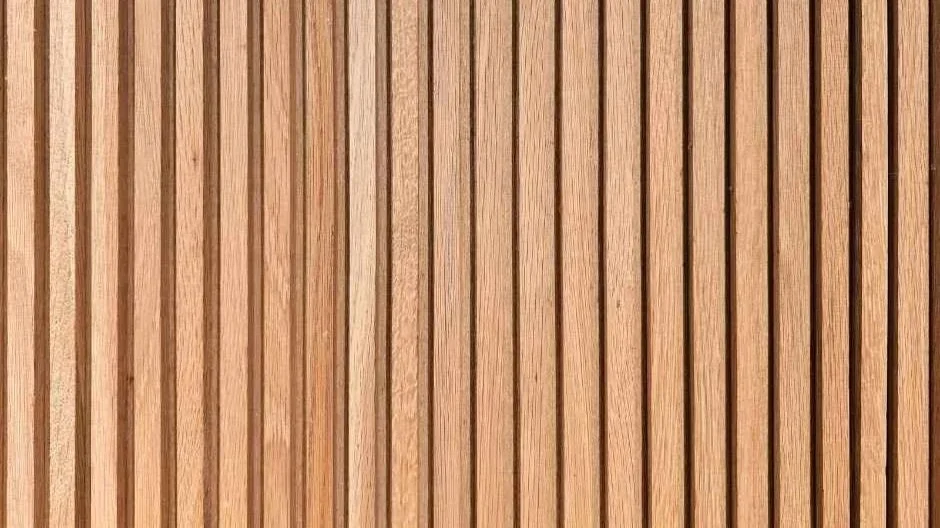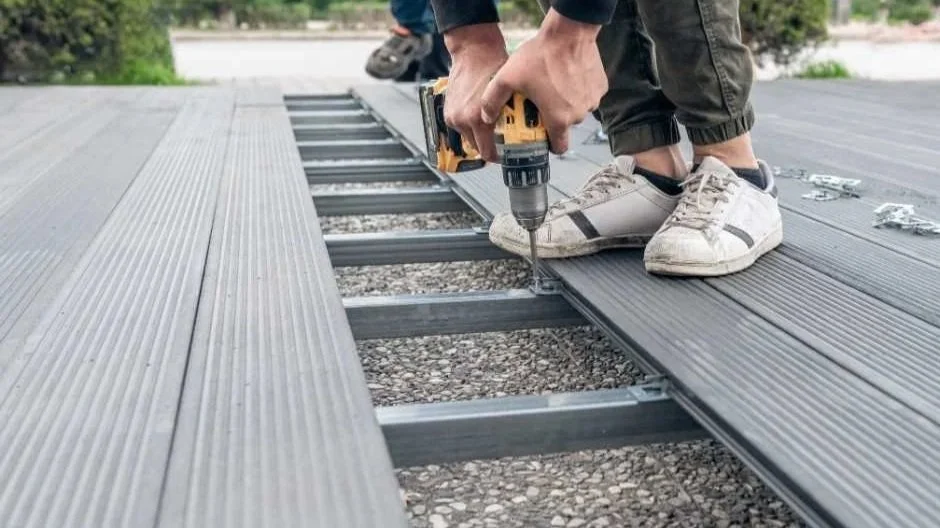Composite vs Timber Decking: Which is Right for Your Perth Home?
At last, you're prepared to take action and take care of that garden. Or perhaps you've been staring at a boring backyard for years and are eager to make a change. Anyway, you've decided that a deck is the answer. Well done.
But this is where the intriguing part begins. These days, ask someone about the decking, and they will either say ‘traditional timber’ or ‘composite decking’. Each will argue that they had no good choice except the reasonable one. It's useful, isn't it?
The reality? Both options have served as backyards for Perth. Tailoring it to your lifestyle, budget, and the level of hassle you can manage is more important than simply choosing what's considered "better".
Now let’s carve through the special fold and stow away the sales pitch.
What This Is Really About
Wood decking is easy to install. The hardwoods used in decking are often sourced from Australia, while treated pine is another option. Under your fingers, you can feel the grain’s organic texture, and yes, splinters will be had. It’s an old one, as it should be.
Composite decking is a relatively new addition to the decking industry. It is composed of urethane plastic and wooden fibres that have the appearance of wood; there is no maintenance required.
While it may not have a meaty flavour due to ingredients sourced from the decking industry, it will have a texture similar to that of a plant-based burger.
Trex is likely the name you find most in composites. They have been perfecting it since the 1990s, and for good reason: They are the No. 1 most popular brand in the world.
It may surprise you to learn that Eco Carpentry is a Trex Pro installer. Nothing should be left to chance when working with composite materials.
The Case for Timber: Why Wood Still Works
In a significant way, nothing compares to real wood. Perhaps it's ingrained in our DNA or something.
The Good Stuff
It's not that too much familiarity breeds disdain because timber has been the preferred deck material for decades. Only the polls and the winners Many Perth homeowners still prefer real wood over composites, citing practical reasons. Real wood's durability and aesthetic appeal are a couple of these factors.
This is what wood does:
Aesthetics That Don't Deceive: No matter how attractive the composite, it can't match the hundred layers of depth that timber has. Genuine wood's characteristics include its grain, colour variations, and the way light interacts with it.
Feels Good on Your Feet: Wood feels warmer on your feet than marble or chilly linoleum. Even on a mild (and comparatively warm) Perth winter day, you can tell that your feet are much perkier during the colder months.
Can it be refinished if the deck looks a little worn out? Sand it back, re-oil, done. Composite cannot just be reloaded that way.
Initial Cost: The initial cost of timber is lower. People generally feel a pretty decent hole when they have children and money is tight, though the exact amount varies by species.
That is a pretty solid advantage, especially if appearance and cost are high on your list of priorities.
The Not-So-Good Stuff
Ok, now for the reality check. Timber is sexy, but it has baggage. If you plan to build wood decking in Perth, it's important to understand the maintenance requirements.
It is important to clearly understand what you are agreeing to:
The Upkeep Is Real: You will need to stain or oil them once a year or twice more in direct sunlight.
Perth's climate is not gentle: Our summers are harsh, and timber endures significant damage.
Warping and splinters: Natural wood is a living substance. It can warp and grow and shrink.
Water Sensitivity: Treated wood doesn’t even like water. Failure to drain properly or under damp conditions may result in rot or mould down the track.
These won’t be deal-breakers for everyone, but they are certainly considerations to weigh up. Maintenance is doable for some.
For other people, it's the very reason they start shopping around for composite choices. This brings us to the dark side of our comparison.
The Case for Composite: When Plastic-Wood Makes Sense
Composite decking has shifted from being a quirky option to the main event, and it’s easy to see why—more Perth homes have composite decking than ever before. There are reasons for that.
The Good Stuff
Composite decking transformed from being an “alternative” to “competitive…and often…the greater value." This is particularly true for time-poor homeowners in Perth who prefer using their deck rather than spending time maintaining it.
Here are the reasons why composite decking is a budget-friendly choice:
Almost Zero Maintenance: No oiling. No staining. When dirty, rinse it with a hose. That's it.
Same Look: Composite is fast to fade like wood. It’s UV-damage-resistant, as well as mould-, scratch-, and stain-resistant.
No Splinters, No Warping: Composite is Smooth. No splinters, no warping after a few years.
Perth Climate? No Sweat: Hot summers, intense UV and so-called humid patches – this composite tackles it all.
Eco Credentials: Trex is made from 95% recycled materials, stopping plastic waste from entering landfill. According to the American Chemical Society, composite decking helps reduce waste while providing durable outdoor living spaces.
Sounds pretty appealing, right? It is. But composite has its drawbacks too, and there are a few things you’ll need to take into account to make an informed decision.
Curious about Trex? Remaking your outdoor living area with Trex decking. Or consider the alternative premium composite option with Millboard decking.
The Not-So-Good Stuff
OK, composite isn’t some kind of magical solution to all the world’s decking problems. It has its own trade-offs – and some of them are fairly substantial, depending on your situation.
Here’s what you need to know before you apply:
More Expensive to Install: Composite decking is pricier to install than other types of composite materials, as well as wooden decking.
Warmth Retention: This is the main one for Perth. Composite can become properly hot in the direct summer sun.
Can Look Less Natural: Even the finest composites carry a somewhat manufactured appearance.
Cannot be Refinished: If you scratch the boards, spill nail polish on them, or dislike the colour a couple of years later, you cannot sand and restain them. You can't stand or rest.
Not everything on this list will be a dealbreaker for everyone, but they are certainly worth serious consideration.
Is the issue of heat retention truly significant? So, now that we’ve heard from both sides, let’s discuss what all this amounts to for you.
The Perth Factor
Perth's climate genuinely matters here. We also have brutal summers, intense sun (UV), and dry heat, which will age decks faster than in many other places.
Perth is classified as "Very High" by the Bureau of Meteorology whenever the UV index level reaches the 9-11+ "or greater" slab, exceeding the definition of "High".
Conditions are ideal for testing materials when you add damp areas and the occasional downpour. Timber weathers quickly. High-quality hardwoods also need to be regularly protected; you can't just lay down planks and forget about them.
Composite is made especially for harsh climates, just like Trex. Compared to subtropical cities, these claims of mould and fade resistance are more significant here.
Complete exposure to the western sun? For both timber and composite materials, this is the ideal ageing time.
Well, which one?
Here's the thing. There's no universally correct answer. Anyone claiming there is a universally correct answer likely has something to sell.
You might want timber if:
You desire the appearance of real wood, and no alternative will meet your needs.
You’re fine doing regular maintenance or even something like that.
You're short of an initial budget but have time to spend.
You would like the ability to refinish and update the look later.
Your patio and deck areas will have shaded parts.
Composite is likely a better bet if:
You lead a busy lifestyle and have little time for maintenance.
You’re looking for something that will cope with the Perth weather without making too much of a song and dance about it.
You’re one of the people who can take in the premium of an upfront cost.
You like things to look the same rather than have natural differences.
Your deck receives full sun Your deck gets little to no sun.
Both choices are acceptable. They're just different.
Getting It Right Matters More Than the Material
The truth is that installation quality matters more than most people realise. Installing a perfectly good material incorrectly can lead to years of headaches.
Composite, in particular, needs to be installed correctly. The spacing, the fastening technique, and the substrate preparation are all crucial. For this reason, Eco's Trex Pro Woodworking In actuality, certification has pur. You must ensure that the composite material is correct, as fixing it later can be very difficult.
The same goes for timber. Correctly framing the deck is essential, as well as using the right fasteners and ensuring that all joists are properly spaced to help prevent a bouncy deck in our climate.
Making Your Call
The fact remains that you will ultimately be the one residing with this deck. Consider your real life. Think about how you really spend your time. How much does maintenance truly matter to you? The true picture of your (budget) life.
Both composite and timber thrive in Perth. The best option is the one that aligns with your personal needs, rather than conforming to others' opinions on what decks should look like.
Still not sure? Eco Carpentry can help you look into both of these options, based on your individual circumstances. No pressure, no agenda—we’re just going to give you honest advice about what will work best for your Perth home and how you live in it.
After all, the very finest deck is the one you won’t mind using.


